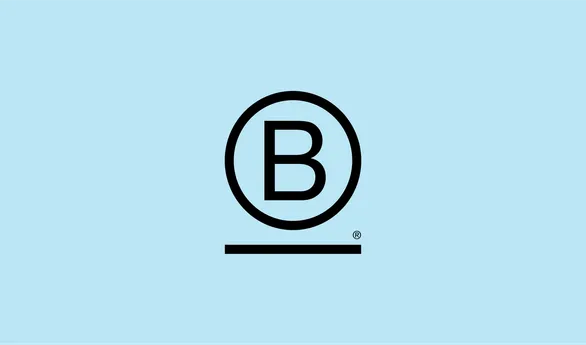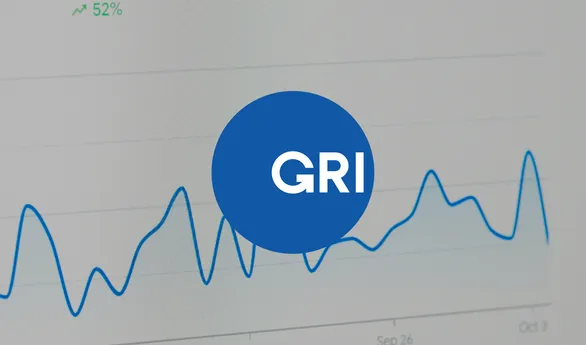At Sweep and Women and Climate’s joint event during London Climate Action Week 2024, Rachel Delacour, CEO of Sweep, discussed her career journey with Michelle Li, founder of Women and Climate. Here are some key takeaways for anyone hoping to carve their own entrepreneurial path in sustainability.
From Financial Controller to Entrepreneur: Surround yourself with the right people
Rachel’s career began in finance, where she quickly realised that the tools available to her were not fit for purpose: “When I was a financial controller, I was frustrated with the platforms and systems that I had at my disposal, and I started to create the tools that I wanted to use,” she explained. This new platform later became her first business, Bime Analytics.
Despite not having a technical background or knowing how to code, Rachel says she succeeded by surrounding herself with the right people. The company she founded was eventually acquired by Zendesk, marking a significant milestone in her career.
Embracing the climate challenge
Following the acquisition of her first company, Rachel sought a new challenge and, having read the IPCC report, identified climate change as the defining issue of our time. Leveraging her experience in SaaS and business intelligence, she explored how she could make an impact. Her clients expressed a need for a platform to manage sustainability data, which spurred the creation of Sweep. “Some of the clients of my first company were saying to me, Rachel – we need a platform for extra financial data,” she noted, “And I realised there was a real gap in the market.”
Rachel’s journey with Sweep has been marked by rapid growth and significant achievements. “We’ve raised $100 million in funding, have more than 120 members of staff. We’re growing in a respnosible way, but we also have some big customer names in our books such as L’Oreal and Banque de France. Data is absolutely key for them,” she said.
Claim your seat in the boardroom
Rachel’s experience in stepping into boardrooms has taught her valuable lessons about advocating for sustainability at the highest levels of corporate governance. She stressed the importance of claiming a seat at the table. “As sustainability leaders, you must claim your seat in the boardrooms. You have to say you’re willing to do so. You have an opportunity to get a boardroom seat, but you have to claim it,” she advised.
She also highlighted the necessity of keeping ESG (Environmental, Social, and Governance) issues on the board’s agenda. “Tell your board that you have to discuss ESG first, so it can’t drop off the agenda. If you don’t ask, it never happens,” she said. Rachel underscored the importance of speaking the language of money to make a compelling case for sustainability. “Say to them: ‘I have to tell you this, it’s important for the bottom line’. You have to speak the language of money, and then you get yourself onto the top line of the agenda.”
Harness tech for sustainability success
Rachel’s journey is testament to the potential for non-technical professionals to succeed in the tech industry. “For me it’s important to show women that they can start tech companies without coming from the tech industry. It helps but it’s not essential. Surround yourself with good people,” she encouraged. Speaking to an audience of Women and Climate members, she stressed that tech entrepreneurship can provide financial independence for women and that the intersection of tech and sustainability offers significant career opportunities.
Working in sustainability, Rachel explained, provides a comprehensive view of a company, which can be a pathway to CEO roles. “When you work in sustainability you have a 360 vision of what’s happening in the company, and it can give you access to the CEO path,” she said. This holistic perspective is crucial for leadership, as CEOs must understand all aspects of their business.




